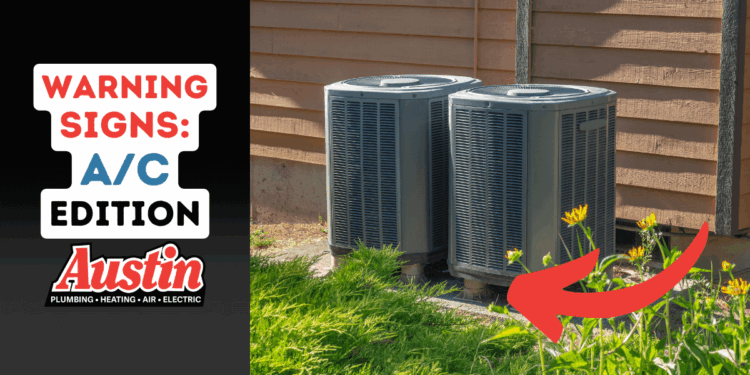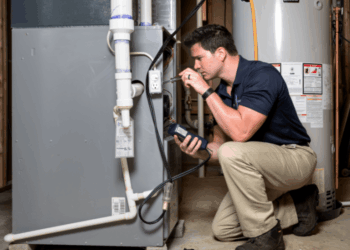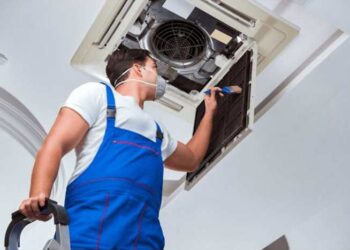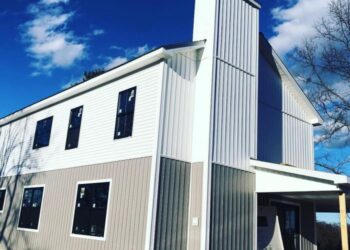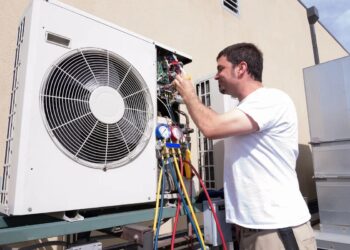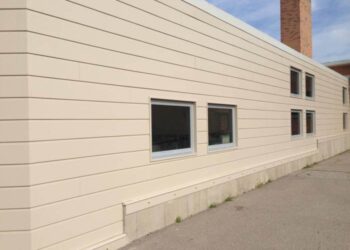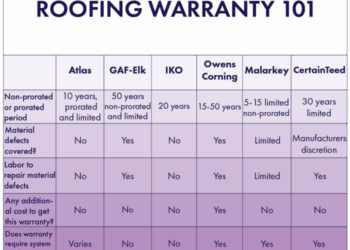When it comes to Signs Your AC Needs Urgent Replacement, there are key indicators that should not be overlooked. This article delves into the telltale signs, from unusual sounds to rising energy bills, guiding you through the process of recognizing when it's time for a new AC unit.
As we explore the various aspects of AC replacement, you'll gain valuable insights to help you make informed decisions about your cooling system.
Signs Your AC Needs Urgent Replacement
When your air conditioning unit starts showing signs of malfunction, it's crucial to address the issue promptly to avoid further damage and discomfort. Here are some common signs that indicate the need for urgent AC replacement:
List of Common Signs
- 1. Weak Airflow:If you notice a significant decrease in the airflow coming from your AC vents, it could be a sign that your unit is struggling to cool effectively.
- 2. Strange Sounds:Unusual sounds such as grinding, squealing, or banging noises coming from your AC unit can indicate mechanical issues that may require replacement.
- 3. Frequent Breakdowns:If your AC unit is constantly breaking down and requiring repairs, it may be more cost-effective in the long run to invest in a new system.
- 4. High Energy Bills:A sudden increase in your energy bills without a corresponding increase in usage could be a sign that your AC system is working inefficiently and needs replacement.
- 5. Unpleasant Odors:Foul or musty odors coming from your AC unit could indicate mold or mildew growth, which can impact indoor air quality and signal the need for a new unit.
Typical Sounds of a Malfunctioning AC Unit
When your AC unit starts making unusual noises, it's essential to identify the sounds to determine the potential issues:
- - Grinding:This could indicate worn-out bearings or motor issues.
- - Squealing:High-pitched squealing may signal a slipping belt or motor issues.
- - Banging:Loud banging noises may indicate a loose or broken part within the unit.
Sudden Increase in Energy Bills
A significant spike in your energy bills can be a red flag that your AC system is not operating efficiently. This inefficiency can result from various factors, including aging components, poor maintenance, or an oversized unit, signaling the need for urgent replacement.
Importance of Unusual Odors
Unpleasant odors emanating from your AC unit can be more than just a nuisance; they can indicate serious issues such as mold growth, burnt wiring, or bacterial buildup. Ignoring these odors can lead to health risks and decreased air quality, highlighting the importance of addressing them promptly through AC replacement.
Age and Efficiency of the AC Unit
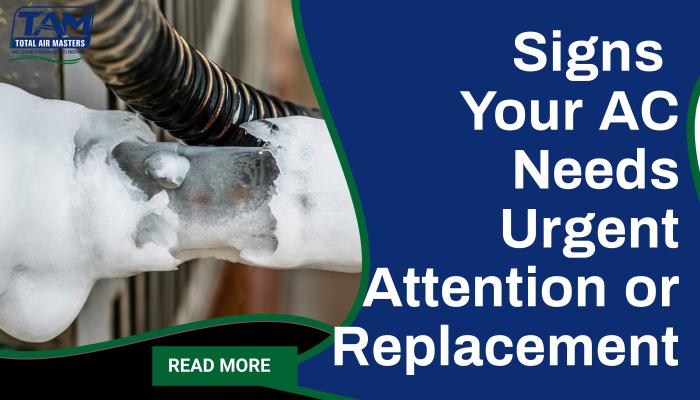
As air conditioning units age, their efficiency tends to decrease, impacting their ability to cool a space effectively. Understanding the average lifespan of an AC unit and how efficiency changes over time can help determine when a replacement is necessary.
Average Lifespan of an Air Conditioning Unit
The average lifespan of a well-maintained air conditioning unit is typically around 10-15 years. However, factors such as usage frequency, maintenance practices, and environmental conditions can affect how long an AC unit lasts.
Efficiency Changes Over Time
- As an AC unit gets older, its components may wear out or become less effective, reducing overall efficiency.
- Decreased efficiency can lead to higher energy consumption and utility bills, as the unit works harder to cool the same space.
- Older AC units may struggle to maintain consistent temperatures and may take longer to cool a room, leading to discomfort for occupants.
Comparison of Energy Efficiency
- Newer AC models are designed to be more energy-efficient than older units, meeting stricter energy efficiency standards.
- Advanced technologies, such as variable-speed compressors and smart thermostats, help newer models optimize energy usage and improve overall performance.
- Upgrading to a newer, more energy-efficient AC unit can result in cost savings on utility bills over time, offsetting the initial investment.
Physical Wear and Tear
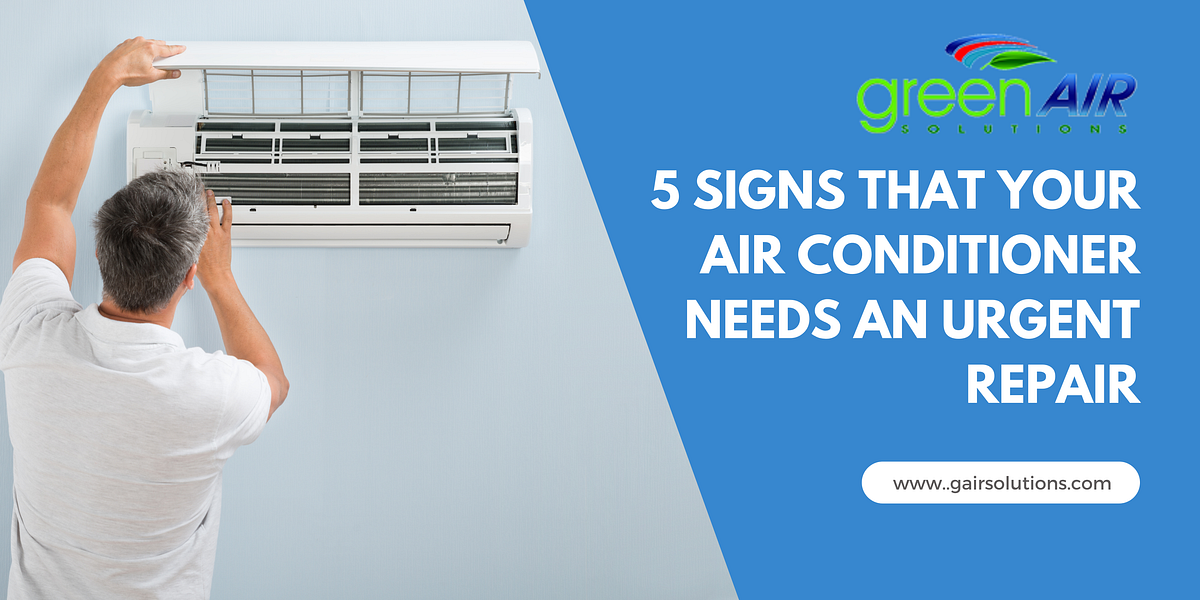
When it comes to the physical condition of your AC unit, signs of wear and tear can indicate the need for urgent replacement.
Visible Signs of Wear and Tear
- Cracks or visible damage on the exterior of the unit
- Rust or corrosion on metal components
- Dirt and debris buildup in the unit
Rust or Corrosion Impact
Rust or corrosion on the metal components of an air conditioner can significantly impact its performance. It can lead to weakened structural integrity, reduced efficiency, and even potential breakdowns.
Implications of Leaks or Pooling Water
Leaks or pooling water around the AC unit can indicate issues with the internal components, such as a clogged drain or damaged coils. These issues can lead to water damage, mold growth, and decreased cooling efficiency.
Damage or Bent Fins
Damage or bent fins on the AC unit's condenser coils can restrict airflow, causing the unit to work harder to cool your space. This can result in increased energy consumption, reduced cooling capacity, and ultimately, the need for a replacement.
Performance Issues and Inadequate Cooling
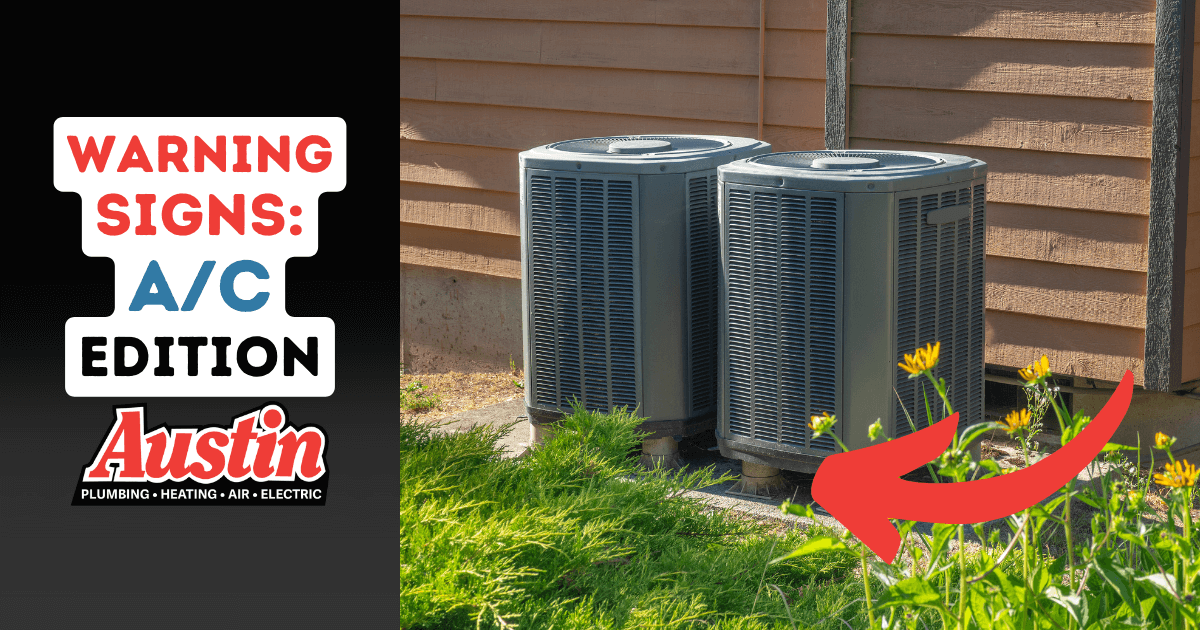
When an AC unit is in need of urgent replacement, it can exhibit various performance issues that directly impact its cooling capacity.Inadequate cooling or uneven cooling throughout a space is a common sign of a failing AC system. This could be caused by a variety of factors such as clogged air filters, low refrigerant levels, or a malfunctioning compressor.
When the AC is unable to cool the space effectively, it can lead to discomfort and reduced indoor air quality.Frequent breakdowns or repairs can also significantly impact the overall performance of an AC unit. Not only does this result in inconvenience and additional expenses, but it also indicates that the system is struggling to function optimally.
This can further worsen the cooling efficiency and effectiveness of the AC unit.One of the key components that can affect the cooling capacity of an air conditioner is the compressor. A failing compressor can lead to reduced cooling output, uneven cooling, or complete failure of the system.
If you notice that your AC is not cooling as it should, it might be due to a failing compressor that requires urgent replacement.
Closing Notes
In conclusion, being aware of the signs that your AC needs urgent replacement can save you time, money, and discomfort in the long run. By understanding the cues your AC unit gives off, you can ensure a cool and comfortable environment for years to come.
Clarifying Questions
How can I tell if my AC needs urgent replacement?
If you notice strange sounds, a sudden spike in energy bills, or uneven cooling, it might be time for a new AC unit.
What is the average lifespan of an air conditioning unit?
On average, an AC unit can last between 10 to 15 years, depending on maintenance and usage.
How do I know if my AC unit is inefficient?
An inefficient AC unit may struggle to cool your space effectively, leading to increased energy consumption and discomfort.
Why is physical wear and tear important to monitor?
Physical wear and tear can impact the performance of your AC unit, leading to costly repairs or the need for replacement.
What are the consequences of a failing compressor in an AC unit?
A failing compressor can severely affect the cooling capacity of your air conditioner, resulting in inadequate cooling and discomfort.

